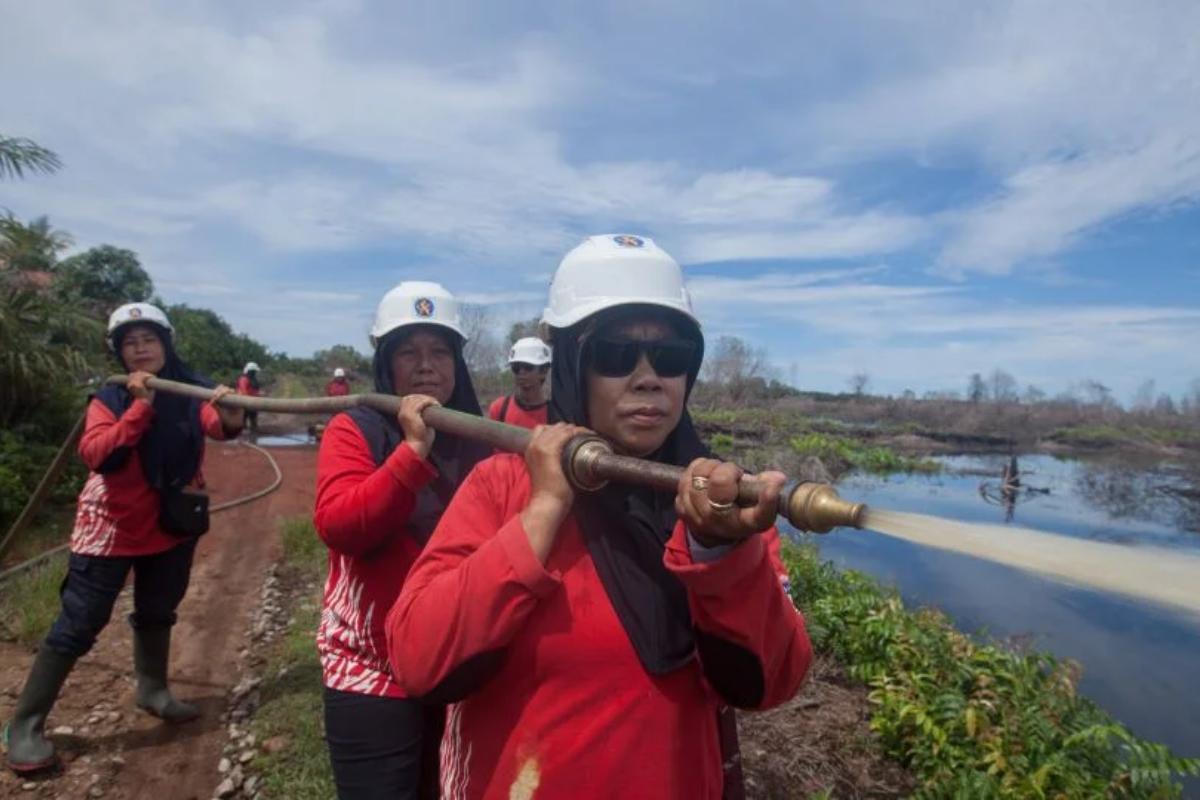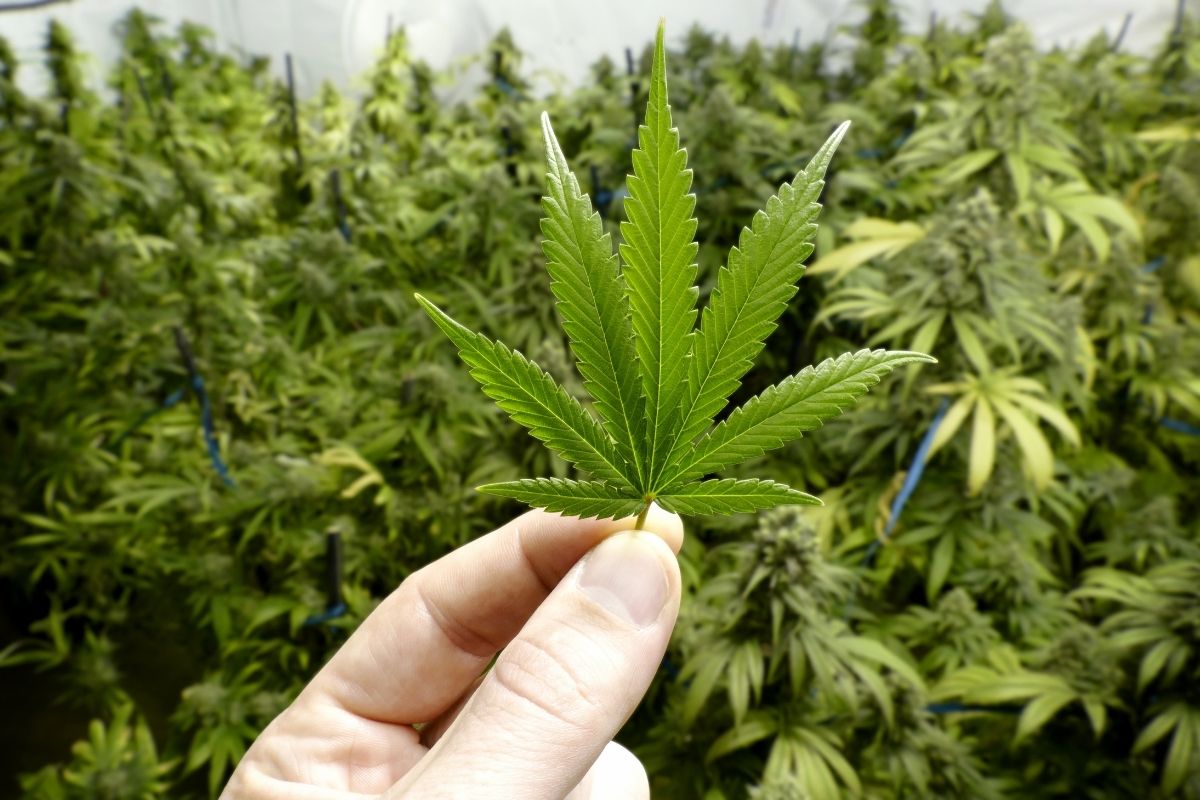The "Mamas" of Indonesia are a group of female firefighters born in 2022 after the many forest fires that hit Borneo: they are almost 100 women aged between 19 and 60

@International Animal Rescue
In the rural communities of Indonesia, a unique and formidable group of female firefighters, known as the “Mamas,” stands as a symbol of resilience, determination, and positive change. Originating in 2022 in response to the devastating wildfire crisis on the Indonesian side of Borneo, these women banded together to protect their families, lands, and health.
With nearly 100 members from six local villages, ranging in age from 19 to 60, the group consists mainly of homemakers, though younger working women have recently joined. Their personal stories, from Ely Marlina, whose child suffered respiratory illnesses during the 2019 crisis, to Maimun, who experienced the anguish of her mother’s severe illness due to air pollution, highlight the devastating impacts of wildfires.
Not just fighting fires
The formation of “The Power of Mama” was an innovative and necessary response to a critical situation. As fires continued to ravage forests and threaten local communities, these women took matters into their own hands, showcasing the capability and determination of women to tackle environmental and social challenges.
Beyond direct firefighting, The Power of Mama engages in community awareness and education. They urge farmers to adopt sustainable agricultural practices and cease using fire for land clearing. They also focus on mangrove rehabilitation and educate children on responsible land management.
Their impact isn’t limited to environmental protection; they play a significant role in empowering women in rural Indonesian communities. Through their active involvement in firefighting and environmental education, these women are proving their worth and importance in society.
During the dry season, the fire risk escalates, leading them to patrol daily to detect potential fires as early as possible. They often receive reports from villagers who increasingly believe in the Mamas’ work to protect the environment. Sometimes, these reports take them to hard-to-reach areas, requiring wooden canoes or drones for a better view.
Despite challenges and hardships, The Power of Mama continues to grow and spread their message of hope and change. With their commitment and determination, these women are showing that it’s possible to confront and overcome environmental and social challenges, driven by the strength and resilience of women.

